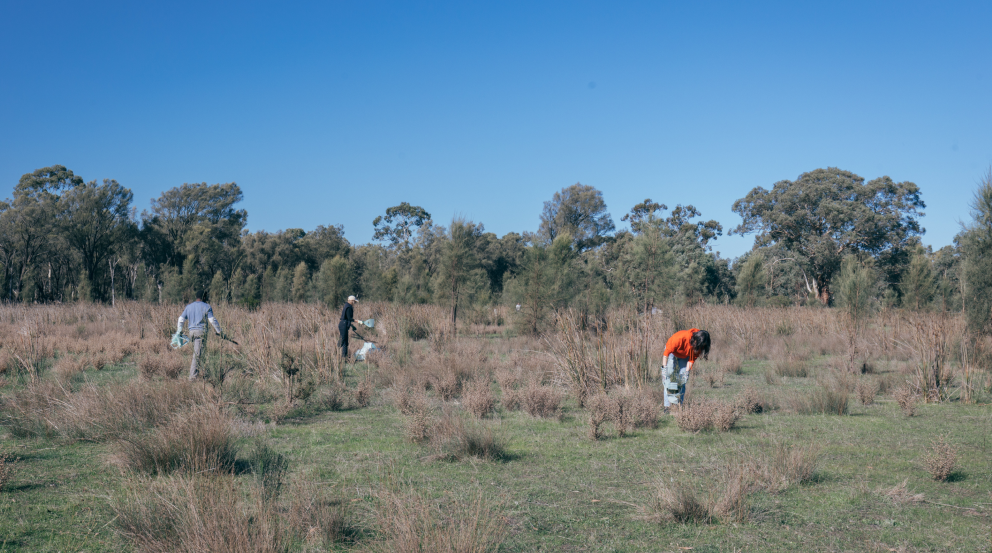Earlier this year, we became a certified B Corp, which means we’ve joined another 3,700+ global organisations in a bid to use our business for the betterment of people and planet. But what exactly goes into B Corp certification?
The B Corp assessment is renowned for being as rigorous as assessments come. And it has to be! If it was easy, every business under the sun would be claiming to be ‘responsible’. And we can’t have that.
From the type of toilet paper a business uses to the treatment of staff and the way it sources its energy, B Corp leaves absolutely no ethical stone unturned. The certification actually revolves around five central pillars, under which businesses have to address a whole host of questions and provide a whole bunch of cold, hard evidence to prove their B Corp-worthiness.
We’ve distilled those pillars into five easy-to-remember rules. The thing about these rules is that, when you read them, you’ll probably think, “that’s what every organisation should be doing!” And you’re probably right.
Thing is, some organisations are a fair bit better at talking the talk than they are walking the walk. The beauty of B Corp is that it holds companies accountable for the promises they make, and each of the five pillars of assessment are carefully monitored and measured.
Rule #1: Thou shalt place the highest importance on our workers’ financial, physical, mental, professional and social wellbeing
Pillar 1: Workers
Under the ‘Workers’ pillar organisations are awarded points (which count towards certification) for things like health and wellness initiatives, working towards gender pay equity, providing paid primary caregiver leave (for salaried and hourly workers), enabling cross-job skills training and ensuring non-executive wage increases.
So a company can’t just lay on 4pm drinks and snacks or schedule in a couple of in-house yoga sessions and claim to be looking after their employees’ wellbeing – they have to prove it with tangible steps that actively look to improve their workers’ quality of life.
Rule #2: Thou shalt be a custodian for the environment, and of the land on which we work and live
Pillar 2: Environment
Kind of a no-brainer, but again, if we had to guess, we reckon there’s more companies talking about the importance of sustainability and the environment in their marketing than there are companies actively doing anything about it. Under this pillar, B Corps will score points for things like reducing the impact of travel/commuting, hazardous waste disposal, increasing their use of renewable energy and offsetting their greenhouse gas emissions. Yay planet!
Rule #3: Thou shalt seek to have a positive impact in our communities
Pillar 3: Community
Often one of the most forgotten areas when it comes to ethical business, the ‘Community’ gives prospective B Corps B Impact points for any work they do to have a positive impact or influence on their local communities, or the communities in which they work around the world. This includes things like offering up community service or in-kind/charitable practices, donating to charities, civic engagement and the impact of their supply chains. At time of writing, over three quarters of B Corps donate to charity and actively contribute to their local communities through job growth. Lovely stuff.
Rule #4: Thou shalt govern ethically, with accountability and transparency front-of-mind.
Pillar 4: Governance
‘Governance’ sounds like a bit of a grim word, but it can actually be really nice! B Corps around the world are putting ‘really nice governance’ into action by ensuring their businesses are structured in a way that enables their mission, ethics and vision to be realised in the context of a more democratic system.
The fundamental aspect of this part of the certification (within Australia) is that it requires all would-be B Corps to legally commit to considering all stakeholders – people, planet, customers, workers and so on – in all of their decisions. It means a company’s purpose is locked in, regardless of any future change of management or ownership.
Rule #5: Thou shalt seek to add value and have a positive impact on our customers’ lives
Pillar 5: Customers
Last but not least, the ‘Customers’ pillar simply asks that B Corps strive to have a positive impact on their customers lives where possible. This could take the form of ensuring efficient customer support is available, increasing accessibility for undeserved groups, or providing support for underserved of purpose-driven enterprises.
Find out more about our journey to becoming a B Corp.
.webp)







